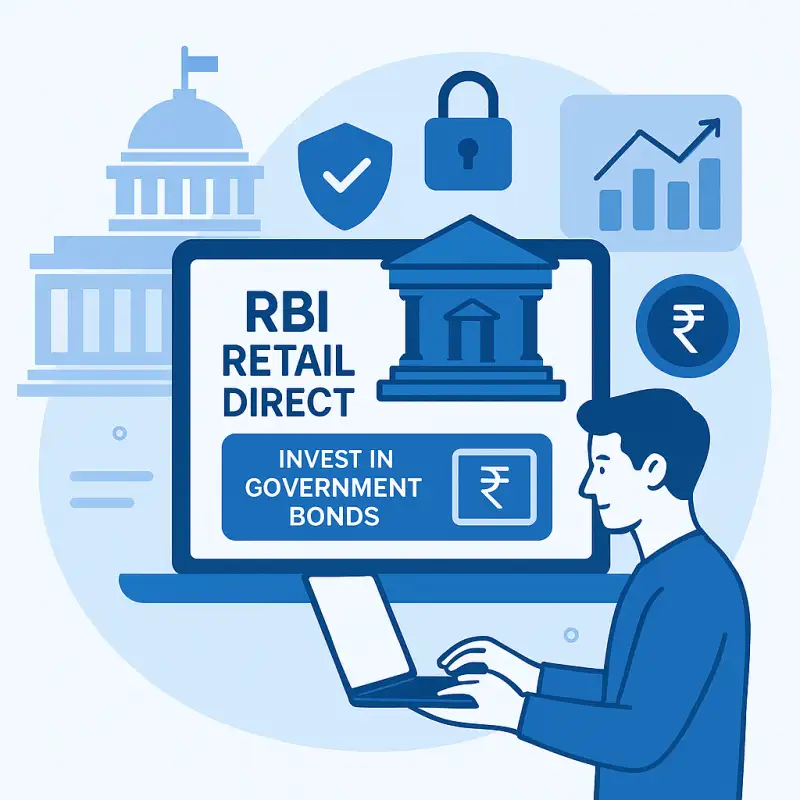SBI Savings Account Interest Rates - Digiforum Space
Share
Facebook X LinkedIn Tumblr Pinterest Pocket Skype Messenger Messenger ViberSBI Savings Account Interest Rates
In the world of personal finance, one of the fundamental aspects that people often overlook is the interest earned on their savings accounts. Your savings account is not just a place to park your money; it can also be a source of passive income. Among the many banks offering savings accounts, the State Bank of India (SBI) is one of the largest and most trusted financial institutions globally. In this comprehensive guide, we will explore the SBI savings account interest rate per month, how it is calculated, factors affecting it, and strategies to maximize your savings.
1. The Basics of SBI Savings Account
Before diving into interest rates, let’s start with the basics of an SBI savings account.
What is an SBI Savings Account?
A State Bank of India (SBI) savings account is a secure and accessible way to store your money while earning interest on your balance. It provides a safe place to keep your funds, easy access to your money through ATMs and online banking, and a modest interest rate to help your savings grow over time.
2. SBI Savings Account Interest Rate
Now, let’s get into the heart of the matter: the interest rate on SBI savings accounts.
How is the SBI Savings Account Interest Rate Calculated?
The interest rate on your SBI savings account is calculated on a daily basis but paid out to you on a quarterly basis. It’s essential to understand that the rate can change, so it’s not a fixed income source.
Current SBI Savings Account Interest Rate
As of last update in July 2022, SBI’s savings account interest rate was around 2.7% per annum. However, interest rates can change due to various factors like economic conditions, central bank policies, and the bank’s decisions.
To find the most current rate, visit the SBI official website or contact your local branch.
3. Factors Affecting SBI Savings Account Interest Rate
Several factors influence the interest rate you receive on your SBI savings account.
a) Regulatory Changes
Interest rates can be affected by the Reserve Bank of India (RBI) policies, which regulate banking and lending rates. When the RBI changes key rates like the repo rate, banks like SBI may adjust their savings account interest rates accordingly.
b) SBI’s Policies
SBI’s internal policies and decisions can also impact savings account rates. They may offer promotional rates to attract more customers or adjust rates to manage their financial stability.
c) Account Balance
In most cases, the higher your account balance, the higher the interest rate you’ll receive. SBI often offers higher interest rates for accounts with larger balances.
4) Type of Savings Account
SBI offers different types of savings accounts, each with its own interest rate structure. For instance, senior citizens may get slightly higher rates on their savings accounts.
4. Strategies to Maximize SBI Savings Account Interest
Now that you understand the basics and factors affecting your interest rate, let’s explore strategies to maximize the returns on your SBI savings account.
a) Maintain a Healthy Balance
One of the simplest ways to earn more interest is to keep a substantial balance in your savings account. Many banks, including SBI, offer tiered interest rates, which means the more you save, the higher the rate you earn.
b) Consider Other Types of Accounts
SBI offers various types of savings accounts, including special savings accounts, children’s savings accounts, and more. Explore these options to see if they offer higher interest rates or better features that align with your financial goals.
c) Automate Your Savings
Set up automatic transfers from your checking account to your SBI savings account. By consistently adding to your savings, you’ll maximize the amount you earn in interest over time.
d) Take Advantage of Promotions
Keep an eye on SBI’s promotional offers. They occasionally run campaigns with higher interest rates for a limited time. Consider switching to these accounts when available, but be sure to read the fine print.
e) Compare with Other Banks
While SBI is a trusted bank, it’s always a good idea to compare savings account rates across different banks. You might find that another bank offers a more competitive rate that better suits your financial needs.
5. Taxation of SBI Savings Account Interest
Another crucial aspect to consider when managing your SBI savings account is the taxation of the interest earned.
a) Tax on SBI Savings Account Interest
In India, interest earned on your SBI savings account is subject to income tax. The interest income is added to your total taxable income for the year, and you will be taxed based on your applicable income tax slab.
b) TDS (Tax Deducted at Source)
SBI may also deduct Tax Deducted at Source (TDS) on the interest earned if it exceeds a certain threshold. However, you can avoid TDS by submitting Form 15G or 15H if your income is below the taxable limit.
Related Articles
- SBI AEPS Withdrawal Limit – 2021
- SBI CSP Commission List 2023
- SBI Cash Deposit Limit in saving Account
- SBI AEPS Service Down – कब ठीक होगा?
- Aadhar Card Link to Bank Account SBI
Conclusion
In conclusion, your SBI savings account can be a valuable tool for both financial security and growth. While the interest rate might not make you rich overnight, it can significantly contribute to your financial well-being over time.
By understanding how the SBI savings account interest rate works, the factors affecting it, and implementing smart strategies, you can make the most of your savings while ensuring your money remains safe and easily accessible.
Remember to stay updated with the latest interest rates and tax regulations, and periodically review your financial goals to determine if your SBI savings account aligns with your overall financial plan. Your savings account is just one piece of the puzzle in achieving your financial dreams, so use it wisely.
Copy URL URL Copied
Send an email 21/08/20230 82 4 minutes read
Share
Facebook X LinkedIn Tumblr Pinterest Pocket Skype Messenger Messenger ViberShare
Facebook X LinkedIn Tumblr Pinterest Reddit VKontakte Odnoklassniki Pocket Skype Share via Email Print





